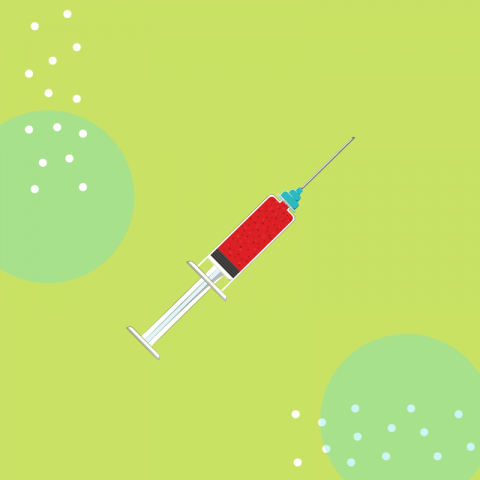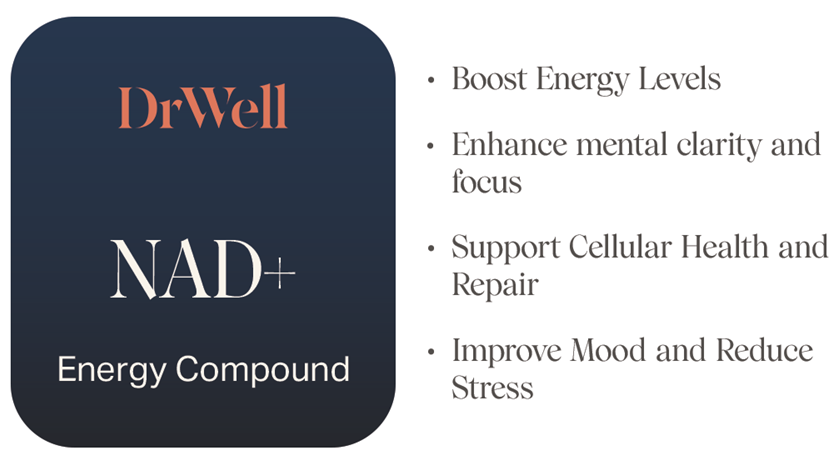
In the run up to the current vaccine approvals and post approval process, I’m blown away by what is making people worried about this vaccine. I’m not surprised they’re worried. Totally get that. But surprised by what they’re worried about!
Anxiety and fear are completely understandable for a vaccine that was developed in record time and with “newer” technology (mRNA (m = messenger)(RNA = ribonucleic acid). I say “newer” because while it’s the first vaccine coming to market using mRNA technology, the technology was actually developed decades ago. Yes, it was approved under an emergency use authorization so we don’t have years of follow up studies confirming its safety. However, with the millions of people who’ve received the vaccine either during trials or since release, severe reactions are very rare. Most side effects include short-term fatigue or headache. But with a greater than 94% effectiveness, these side effects are a reasonable tradeoff.
Of course we shouldn’t go into anything blindly. Of course we should have an idea of what we’re putting into our body. But the concerns people are bringing up suggest misinformation and rumors without a clear basis. My post below, along with this article and this article seek to allay some of those concerns.
Fertility
When someone expresses a concern, I don’t believe we should dismiss those concerns. I think we should be curious as to what is the underlying reasoning for their concern. Once we know, we can more accurately address that concern.
But in the case of fertility, it’s not clear where this fear is coming from. Do they think the vaccine causes a person to become sterile? Impotent? This article suggests the concern is a debunked cross reaction with placental proteins! I want to ask the people that cite this as the reason for not getting the vaccine, “what do you know about placental proteins?!”
An alternative reason for concerns about fertility may lie with the vaccine’s mechanism of action. The Pfizer and Moderna vaccines are messenger RNA-based vaccines. mRNA is genetic code that the cell uses as a blueprint for manufacturing proteins. In the case of the Pfizer and Moderna vaccine, the mRNA goes into the cell and stimulates the cell to create the coronavirus’ spike protein.
The spike protein then goes to the cell surface and stimulates the body’s immune system to create antibodies to that protein. Keep in mind the presence of these manufactured spike proteins on your cell surface don’t last forever. They degrade over time like any protein. They’re there just long enough for your body to stimulate antibodies to them. And if the real coronavirus with its spike proteins enters the body, your immune system is primed and ready to produce antibodies to neutralize the virus.
But at no time does the mRNA ever enter the “inner sanctum” of the cell, the nucleus. This is where our genetic code is kept. Our genome, our DNA. By remaining outside of the nucleus when creating the spike protein, the mRNA never incorporates into our DNA. Therefore it is not passed on to your kids and does not affect fertility.
If additional reassurance is necessary in regards to fertility, keep in mind that The American College of Obstetrics and Gynecology are very clear about vaccination during pregnancy and lactation. They’re for it!
Ultimately, the attempt to dispel a myth regarding fertility is the difficulty in addressing the underlying source of the concern (since it’s not always clear).
Concerns over the vaccine technology
Back to the technology used in these first two vaccines. They use mRNA as a way to stimulate the body’s immune response as explained previously. Whether people are concerned that it’s the first vaccine using this technique or because of fear that it interacts with our own DNA (again, it doesn’t), I think it’s important for concerned citizens to consider the alternative types of vaccines.
Keep in mind that all of the vaccines you’ve ever received, stimulated your immune response by using 1) a live, weakened (attenuated) virus (eg MMR or measles vaccine), or 2) a dead virus (eg polio, hepatitis A, most flu vaccines). So imagine yourself listening to the news during this pandemic and the news anchor says, “Breaking News! Two companies have developed new vaccines for the coronavirus. They work by injecting the actual coronavirus into your bloodstream.” It wouldn’t matter that the vaccine contained weakened or dead viral particles. You’d run for the hills!
Therefore, a vaccine that produces a protein that allows your body to produce antibodies to the virus, without ever interacting with the virus itself, is progress. Consider yourself lucky to be living in a time where this technology is available. Now go out and get vaccinated! You don’t need to be worried about this vaccine relative to others you’ve already had!




